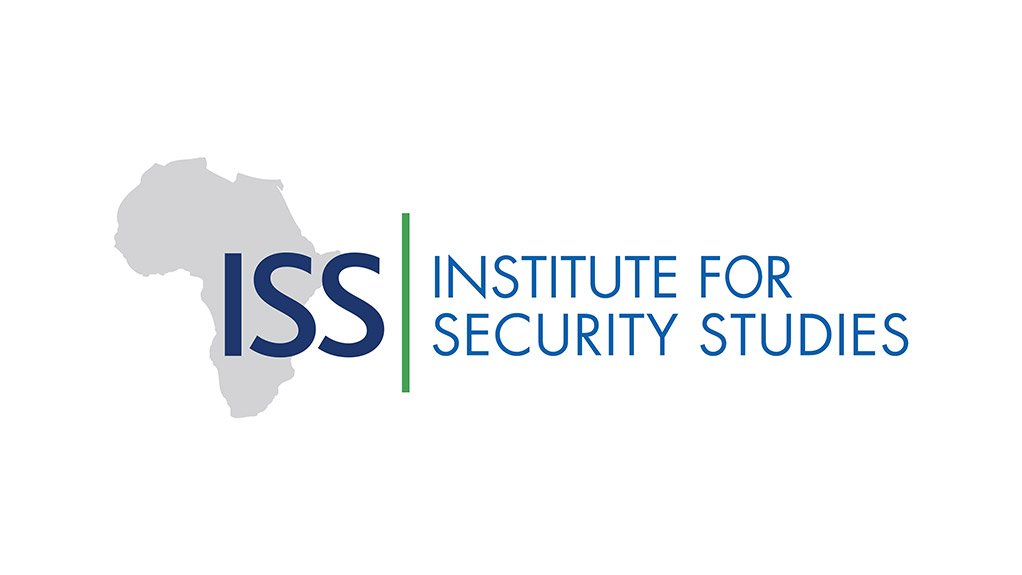While many were off enjoying their end-of-year break in December 2021, Mali’s transitional government was busy pulling off a feat that could keep it in power for several more years.
In a document published on 30 December, the high-level panel organising Mali’s latest national dialogue process proposed extending the transition by five years, starting 1 January. That would bring the total period – which officially began in September 2020, one month after that year’s coup – to nearly six and a half years.
The proposal is based on the conclusions of the dialogue process, which took place from 11 to 30 December, giving it some level of popular legitimacy. But it undermines the demands of Mali’s international partners, especially the Economic Community of West African States (ECOWAS), which has insisted on limiting the transition period to 18 months.
According to its organisers, the dialogue involved more than 80 000 Malians in some 794 discussions across the country’s administrative levels, from municipal to national. However the influence of armed groups, which declined to participate in the process, prevented meetings in the Kidal and Ménaka regions. These are the regions where all rebellions have started since Mali’s independence.
The official aim of the dialogue was ‘to review the state of Mali [in order] to initiate a genuine rebuilding process.’ This was laudable given that poor governance has undermined Mali’s social, economic and political development and fuelled an unprecedented security crisis for the past 10 years. The 2020 coup had also raised hopes for a Mali Koura (new Mali).
But with 13 complex topics to cover in only two days at the municipal, local and regional levels, in-depth debates were impossible. Yet that was the value-add intended to set this process apart from similar government initiatives in recent years. These include the 2017 Conference of National Understanding, the 2019 inclusive national dialogue and to some extent the national consultation that marked the transition’s start in September 2020. Recommendations from these initiatives have hardly been implemented.
The repetitiveness of these consultations and their conclusions hasn’t escaped the attention of politicians and civil society organisations. Gathered in a platform ‘for a successful transition in Mali,’ these actors suspected that the government would use the process to disguise its desire to remain in power beyond the agreed deadlines.
These weren’t the only ones wary of the conference though. The armed groups that signed the 2015 Agreement for Peace and Reconciliation were also reluctant to take part. They considered the process opaque and wanted to be involved earlier on. The dialogue could also have opened Pandora’s box by questioning the peace agreement, which has barely made inroads in six years and is still criticised by some Malians.
The transitional authorities postponed the national dialogue twice, citing boycotts led by these various actors. They eventually rescheduled for December, despite no change in the boycotters’ stance. Some Malians and international partners supported the postponements. But after pressure from ECOWAS, the government picked up the pace in December when many diplomatic officials were on holiday abroad, creating a fait accompli.
Whether a strategy or a coincidence, the timing is a reminder of the transitional authorities’ ability to impose their choices despite international pressure. This isn’t the first time they’ve caught their international interlocutors off guard.
In the immediate aftermath of the 2020 coup, the junta indicated its intention to lead a three-year transition until what would have been the end of deposed president Ibrahim Boubacar Keïta’s term. As a result of international pressure and ECOWAS sanctions, the military finally conceded the presidency to a civilian for an 18-month transition period.
Eight months later, they went back on these concessions with the May 2021 coup, which made the junta’s leader head of state, as intended from the outset. A similar scenario now seems to be unfolding on the timeframe issue, with the proposal for an extension following the national dialogue.
In another example, when Mali officially notified ECOWAS that elections in early 2022 wouldn’t be possible, ECOWAS simply ignored this and insisted that the ‘impossible’ be done. This stubborn response was fuelled by the naivety of some diplomats in Bamako who believed the junta was aware that a long extension was untenable. Yet the lack of electoral preparations with only a few months to go sent a clear message.
These developments offer Mali’s international partners important lessons for further crisis management. First and foremost, while dialogue with the Malian authorities remains essential, diplomatic actors must be willing to face some uncomfortable truths.
Treating Mali’s authorities as diplomatic juniors, ignoring their statements and hoping to force their hand simply doesn’t work. The diplomatic debacle in the Wagner affair is another example. The language used by France and 15 of Mali’s Western partners in their 23 December statement ‘regretting’ a Wagner group deployment in Mali was in sharp contrast to earlier threats aimed at discouraging the country from contracting the Russian paramilitary company.
It is time to start listening to each other and move away from ineffective threats and sanctions, which some Malians see as abusive and detrimental to national sovereignty. Coercion must be replaced by dialogue free from taboo and based on equality. This must extend to national political and civil society actors, who are better positioned to hold the transitional authorities accountable for their commitments.
Despite particular interests, the transitional government’s proposals also reflect popular demand for profound change in a political system that Malians no longer believe in. A thorough review of the system is essential to restore meaning to elections and the democratic process.
Written by Ornella Moderan, Sahel Programme Head, ISS Bamako
This article is published with the support of the Dutch Ministry of Foreign Affairs.
EMAIL THIS ARTICLE SAVE THIS ARTICLE ARTICLE ENQUIRY
To subscribe email subscriptions@creamermedia.co.za or click here
To advertise email advertising@creamermedia.co.za or click here











